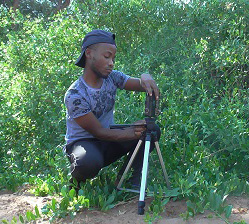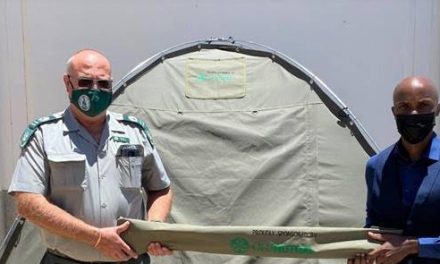
Protecting marine life and improving the livelihood of surrounding communities

The strengthening of Namibia’s Island Marine Protected Area management and improving livelihood opportunities of coastal communities (NIMPA+) project was launched on 11 October by the Blue Action Fund (BAF) in Luderitz.
The Namibia Nature Foundation (NNF) said the overall objective of the NIMPA+ project is to strengthen the management of the Namibian Islands Marine Protected Area (NIMPA), to conserve important biodiversity and marine ecosystem services, in turn securing income opportunities for coastal communities and diversifying their livelihood opportunities while working towards the designation of two new Model for Prediction Across Scales (MPAs) at the national level.
“The 9.500 km Namibian Islands Marine Protected Area (NIMPA) is an iconic area of outstanding marine biodiversity, supporting globally significant populations of sea-birds and marine mammals, and important marine industries, but despite its status as Africa’s second largest marine protected area, it is under threat from pollution, climate change, and under-resourced management,” they added.
The Foundation informed that to address these issues, the NIMPA+ project supports the Namibian government in developing and implementing a management framework for the protected area, which will draw on the latest scientific evidence and provide a blueprint for effective decision-making, setting clear thresholds for key environmental indicators and prioritizing sustainable resource use.
“To ensure the long-term sustainability of the area and its surrounding communities, the newly established non-profit organization, Namibia Foundation for the Conservation of Seabirds NAMCOB, support the government in managing and monitoring the protected area and it plays a vital role in engaging the community in marine conservation and supporting coastal tourism,” they emphasised.
The project is based in Ludertiz and is financed by the BAF, Ocean 5, Shark Conservation Fund, Albatross Task Force, Namibian Chamber of Environment, and the Debmarine-Namdeb Foundation.













































